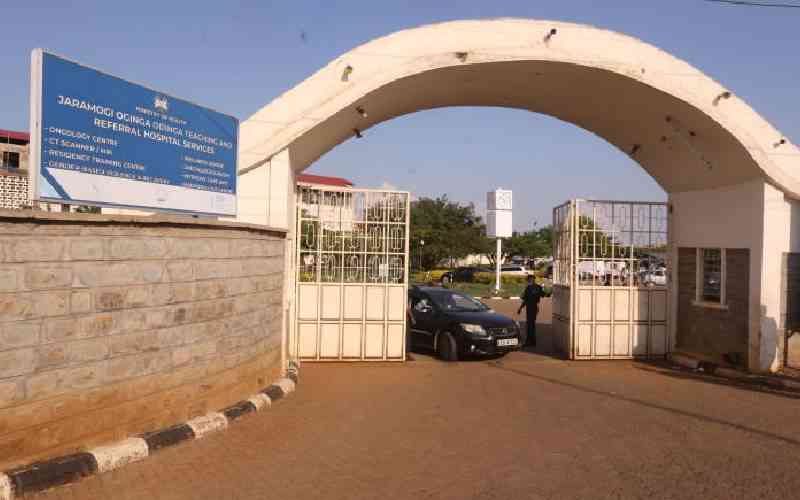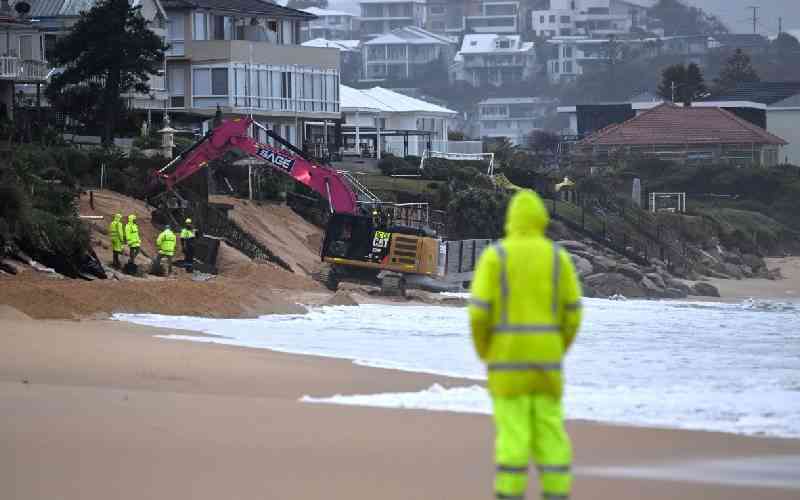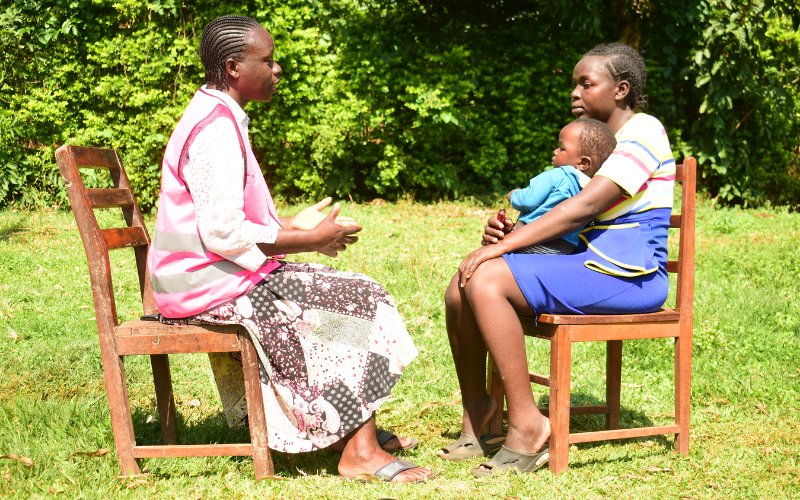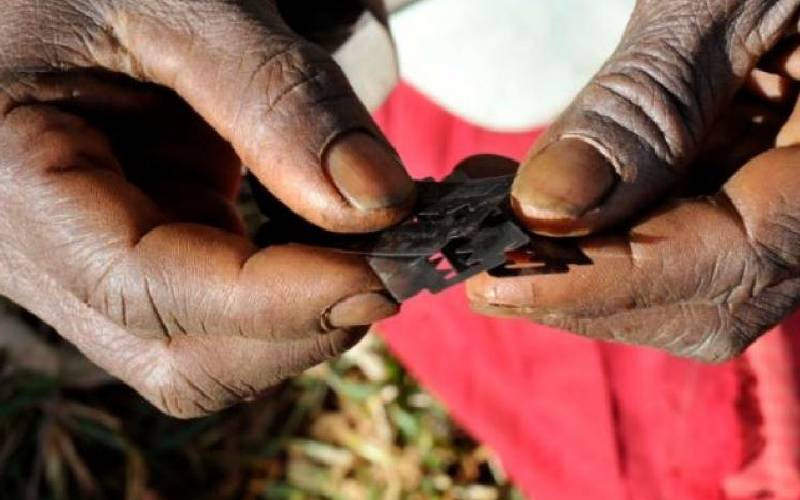
The era of severely sick patients from rural areas seeking specialised care in the capital Nairobi, or other major cities, could be coming to an end if the latest developments in the National Equipment Service Programme (NESP) progress as intended.
The NESP programme will see the deployment of an initial 24 Diagnostic Imaging CT scan machines, two diagnostic imaging mammogram machines, 30 operating theatres and 100 laboratories across the country.
The initiative, structured under a multi-billion fee-for-service model, is designed to efficiently upgrade infrastructure and strengthen early detection and treatment of common diseases in public health facilities.
Sunview Medipro International, one of seven vendors selected through a tender process, is currently making installations at Jaramogi Oginga Odinga Teaching and Referral Hospital in Kisumu, King Fahd Lamu County Referral Hospital, Kerugoya County Referral Hospital and Wajir County Referral Hospital.
This, the company says, is its phase one of an undertaking that will see installation of advanced medical equipment in several public health facilities spanning national, county and sub-county government referral hospitals.
“Our integrated approach ensures that healthcare providers receive seamless support throughout,” said Sirat Amin, CEO of Sunview Medipro during a recent flaging off ceremony in Nairobi.
“By August, each county will have two CT scans and 400 fully equipped laboratories,” he added.
Through NESP, the fee-for-service (FFS) model -- a service-oriented healthcare payment model where providers are paid a fee for each individual service provided based on Social Health Insurance (SHA) tariffs -- was developed.
- Ministry, governors clash over ghost workers in health payroll
- Medical supplies firm rolls out 98 CT scans, 400 theatres and labs
- Governors call for health budget review
- Governors contradict Duale on UHC staff absorption plan
Keep Reading
“It is a joint venture between county governments (and the national government) and private companies known as vendors,” says James Kamau, the Principal Supply Chain Officer at Council of Governors (COG).
Vendors supply, install and maintain medical equipment in county health facilities, without requiring counties to pay upfront. Instead, the government reimburses vendors using funds from SHA, based on the pre-agreed tariffs.
The FFS model ensures healthcare providers can upgrade healthcare infrastructure and enhance service delivery.
“The target is mostly Level Five and some select Level Four hospitals. The facilities must first request. The request is assessed [to ascertain need] and the equipment is installed.
“Now, with the FFS arrangement in place, public health facilities will be able to provide high level medical services without needing to spend money,” says Kamau.
The equipment being installed will support critical departments such as diagnostics imaging, nuclear medicine, specialised orthopedic services, specialised paediatric services, general theatre and routine laboratory testing.
According to Kamau, FFS differs from the model that was there before: Medical Equipment Service programme (MES).
He explains: “MES was like a lease service. You are given the equipment and you pay over time. It was like hire purchase. It was very expensive. An MRI machine costs between Sh150 million and Sh250 million. Imagine such an investment.
“Also, there was a gap because medical equipment have a lifespan. Most of the equipment lifespan is 10 to 15 years. So, after 10 years, you are not guaranteed of services that is provided. Now, it will be upon the vendors to make sure that there are equipment and they are functional.”
NESP was launched in 2024 after MES expired in 2023.
 The Standard Group Plc is a multi-media organization with investments in media
platforms spanning newspaper print
operations, television, radio broadcasting, digital and online services. The
Standard Group is recognized as a
leading multi-media house in Kenya with a key influence in matters of national
and international interest.
The Standard Group Plc is a multi-media organization with investments in media
platforms spanning newspaper print
operations, television, radio broadcasting, digital and online services. The
Standard Group is recognized as a
leading multi-media house in Kenya with a key influence in matters of national
and international interest.











